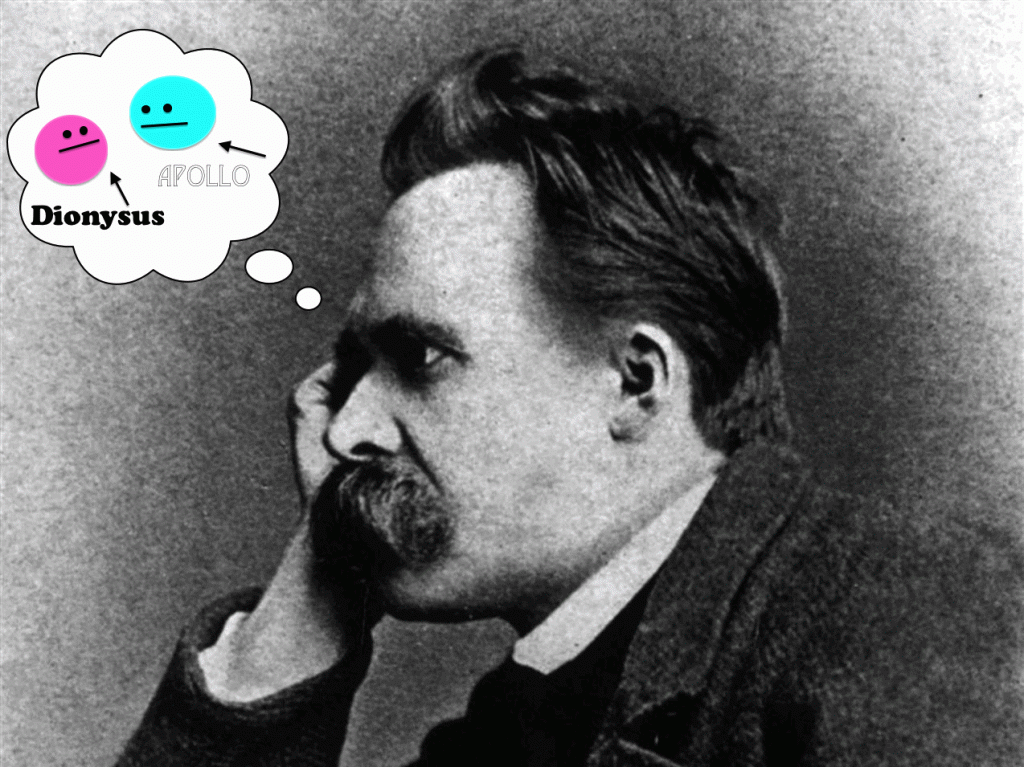
A couple years ago I bought a book called The Philosopher’s Handbook, ed. Stanley Rosen. The book is split up into six topic sections, e.g., Metaphysics, Epistemology, Philosophy of Art and Culture, etc. Within each section, Rosen compiles six or seven excerpts from A-List philosophers across time who have written specifically on these topics and contributed much to philosophical discussions at large. For a layperson like me who wants to know about Kirkegaard but not, like, really know about Kirkegaard, it’s an excellent resource. I pick it up from time to time when I want to read something short and feel smarter, as opposed to reading something short and feeling dumber, e.g., USA Today.
Then I started spending an eyebrow-raising amount of time with a professional philosopher. He has a “Dr.” in front of his name, that’s how good he is at doing philosophy. When he saw The Philosopher’s Handbook on my coffee table the other day, he picked it up like, “Oh, that’s nice,” and flipped through with “Mm-hm” sounds. Then he put it back down and asked me if I needed yogurt at the store.
So we’re sitting around later (eating yogurt) and I pick up the book. Completely joking, I flip to the middle and read a random sentence from the middle of the page, and ask Claus if he can guess who wrote it. Claus goes,
“That’s Hobbes.”
I choked on a blueberry. “What??!! That’s right! How… How did you –? Wow!” He really is a doctor, I thought; Claus was clearly pleased with himself. I felt happy that when a person has a double Ph.D in their chosen field, they may someday be able to share the depths of their knowledge in an impromptu parlor game. I was impressed — but it could’ve been lucky. Let’s see how good he really is, I thought. Ipso. Facto. I fanned the 600 pages, stuck my finger down, and read:
Man’s first sentiment was that of his existence, his first care that of his preservation.
“Rosseau.”
I looked at him like he was an extraterrestrial. Rosseau was correct. He leaned back on the sofa and wiggled his feet, delighted. Could we go again, he asked? I flipped the book again, keeping my eye on him. I read this one:
Morals are assigned a special compartment in theory and practice because they reflect the divisions embodied in economic and political institutions.
Claus got this right, but I had to read a couple pages before he did. (It’s Dewey.) Out of 12 or so tests, the man got 9.3 of them right; which is about 80%. I would be as impressed to meet a poet who could identify that many poems by author in this way. It’s a beautiful thing to truly know your field; it’s comforting to me when people care so much and work so hard at one thing.
Here’s what I’ve figured out about philosophy since hanging around with a professional: it’s essential. It’s vital to look deeply into how we think, why we think it, how what we think affects what we do, and how what we do shapes us all (and in turn influences how we all think.) We must do it.
Because we’re always getting data — USA Today infographics like to help — with the latest conclusion from brain mapping technology that proves why more people are moving to cities; we get percentages of opinions from focus groups on how smartphones are changing culture. But science, sociology, psychology, number crunching — it comes after philosophy. No handling of information can happen without first understanding what information is in the first place, or how smartphones fit into the history of production and technology vis a vis culture (as opposed to straight timelines.) This stuff is so important and invisible, it’ll melt your brain. Philosophy has a reputation for being confusing and lofty because it gets down to this atomic level of systems of thought. But you can’t launch a rocket without a launchpad. Philosophy is our launchpad. It’s in us already, so fundamental, you don’t see it. You don’t hear it. But you breathe it.
We need philosophers to keep doing their work. I know a good one, if you ever have a question.

